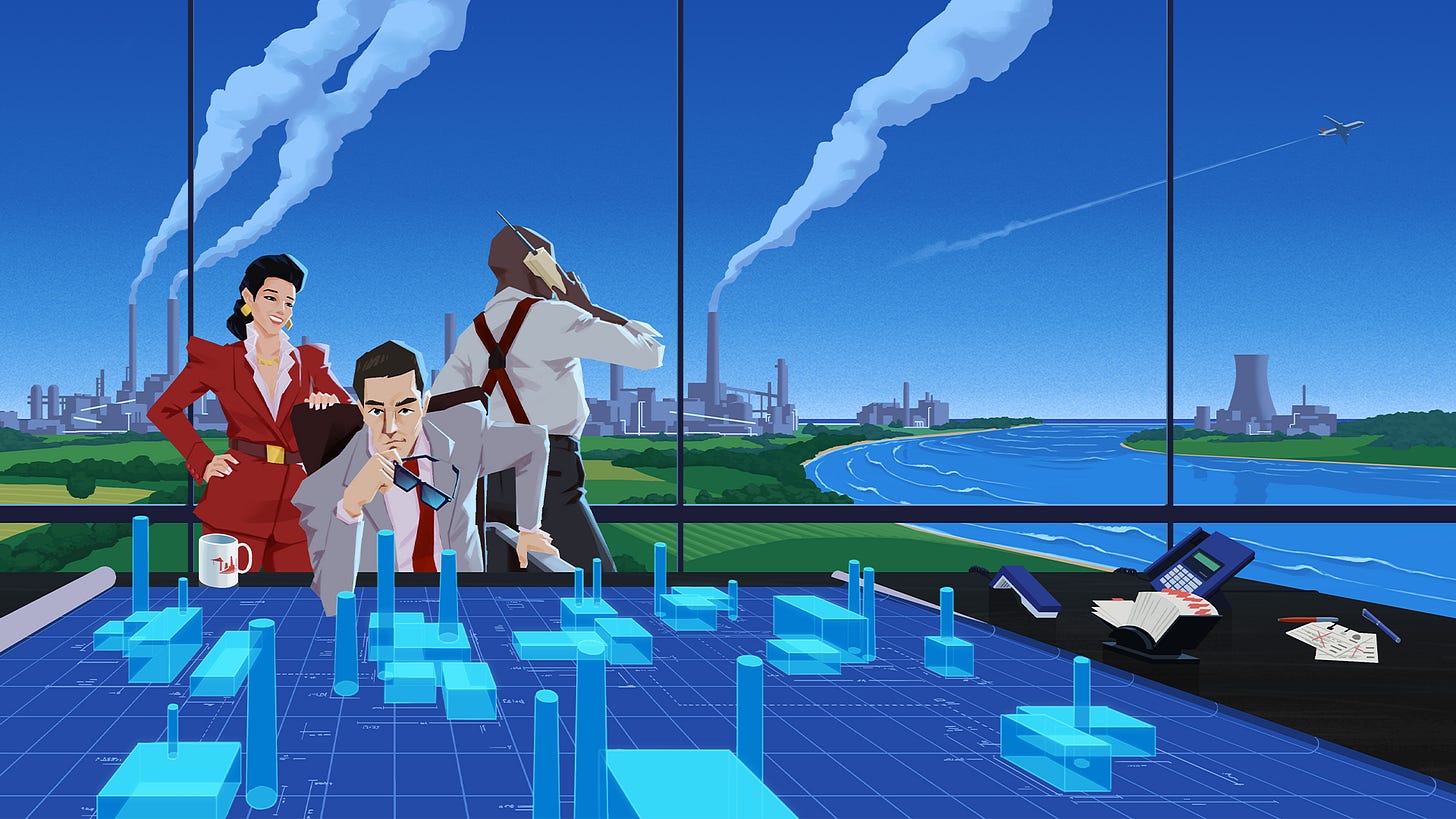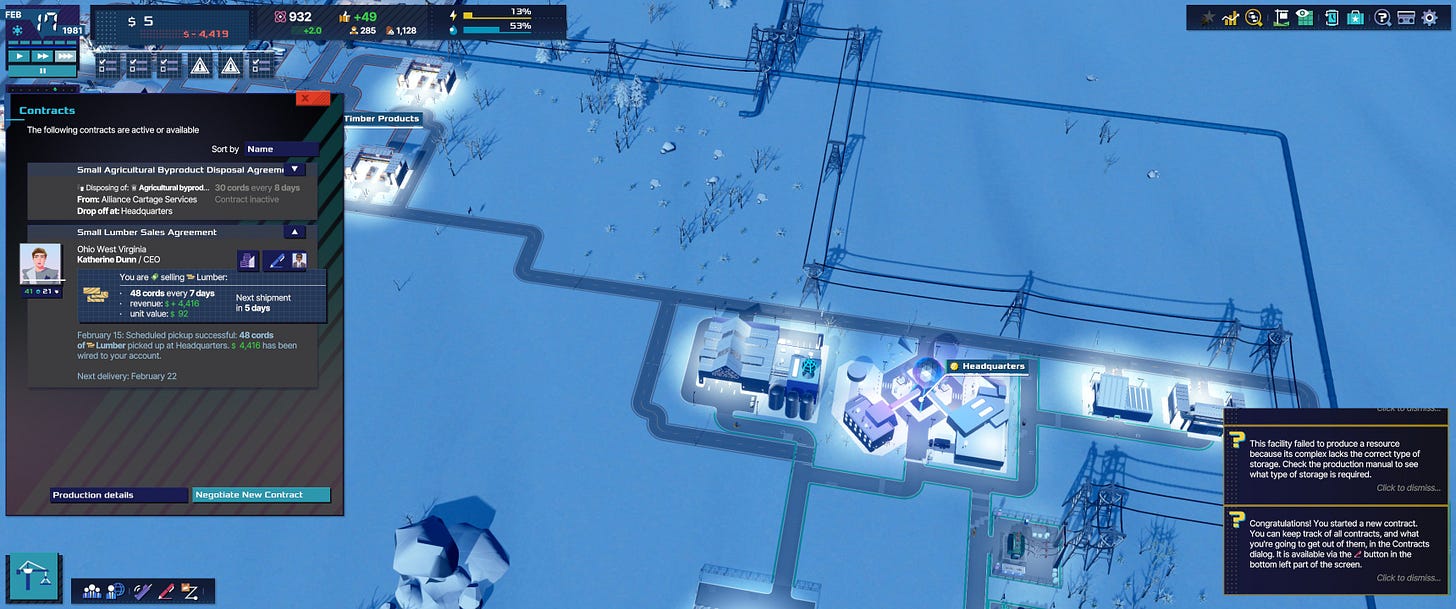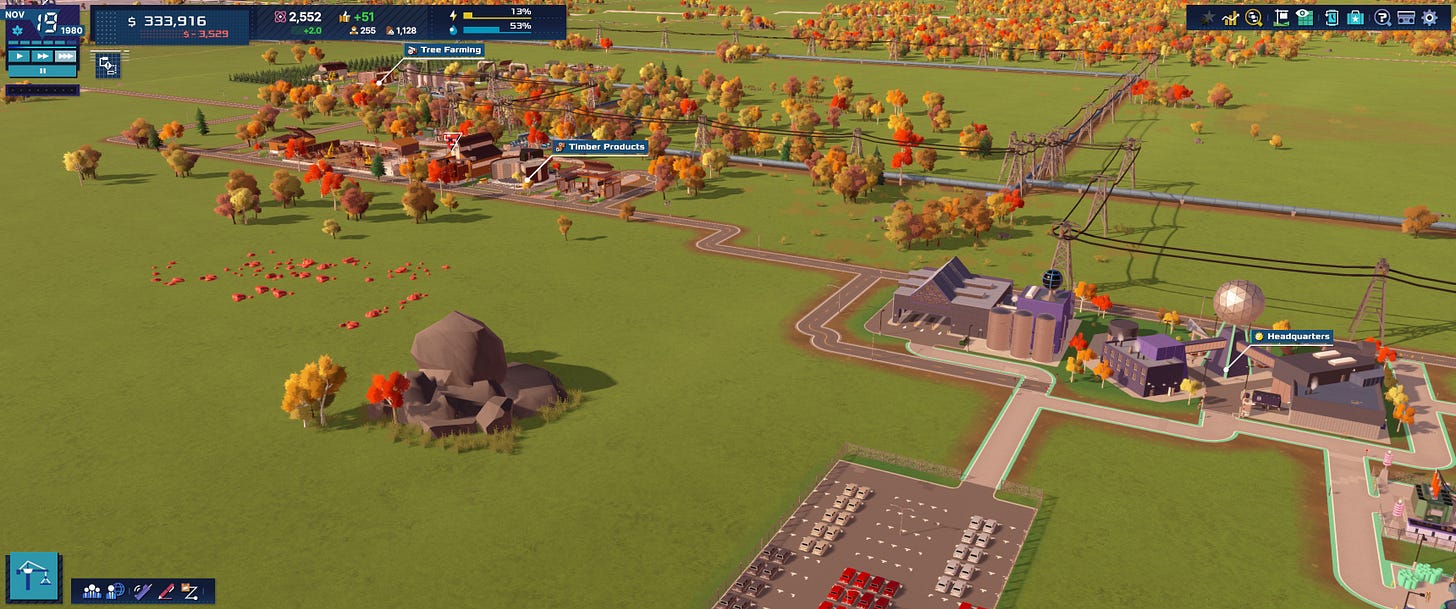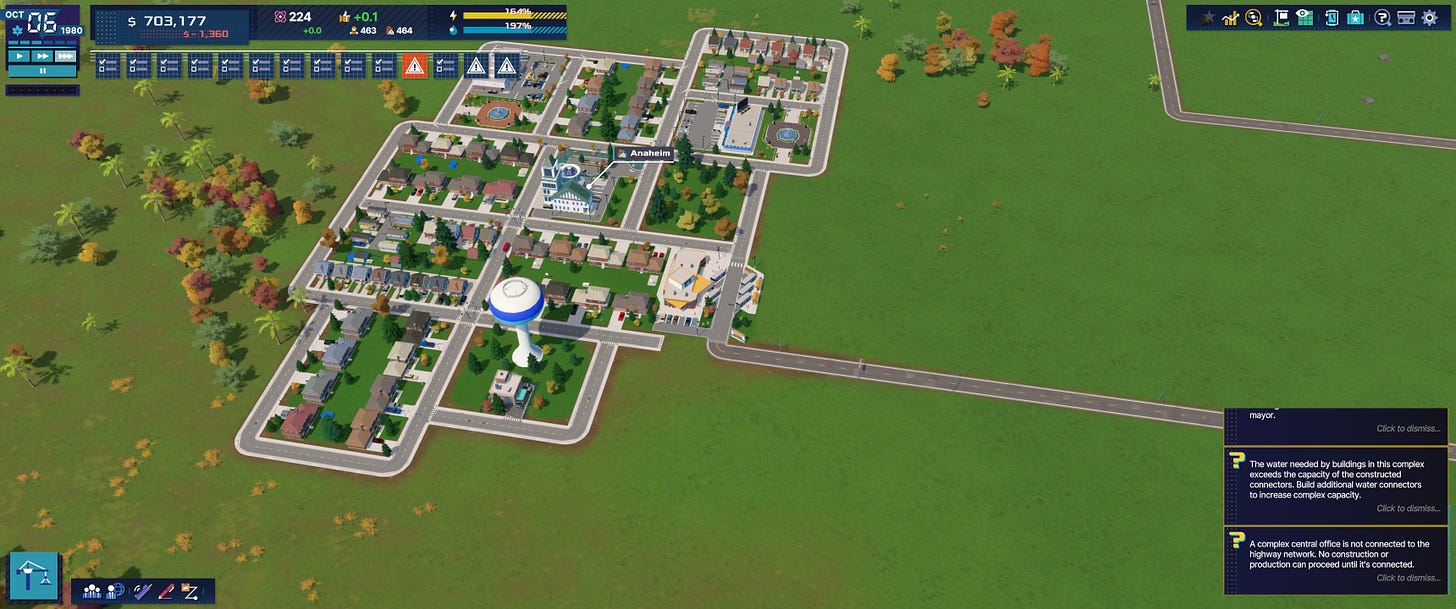Rise of Industry 2 - Review (PC)
It's the economy, gamers
I really should learn to start doing the tutorials when I play this sort of game. Rise of Industry 2 is rather obviously, a sequel to Rise of Industry, a business/economy game, crossed with elements of city building.
Before I get too far into this review, I should mention there is an air of controversy with this title. The publisher, Kasedo Games, acquired the intellectual property from the developer of the first game, Dapper Penguin Studios, with this title being developed by SomaSim. Kasedo itself was spun off from Kalypso Media Group. The developer of that story paints a picture where he was forced into a corner in order to sell the rights of the original IP, and you can read about it here.
I’ll let you make up your own minds on whether or not you believe that story, in the balance of fairness, I don’t have anything from Kasedo’s side, but I thought I’d mention it all the same.
In terms of this game though, I should disclose I haven’t played the original, so I’m coming into it with fresh eyes. There is both a campaign mode, a tutorial and a sandbox mode. You form a company, customise it a little bit, and then are given access to your desired location.
You start off with a bit of land, with the option to purchase more land later on. On this land, you can build districts, which perform certain functions. You have the headquarters which is the main area that handles shipping and logistics, and then can build more specialised districts. These range from production of hundreds of different resources, to refining, and creating more specialised products out of these resources.
You have to maintain a steady water and electric supply, and can even generate these yourself if you have the relevant resources to hand and money to invest. You can import these, and most products, but of course that costs a little bit more.
The aim of the game is essentially, to make a profit. Once you are producing a resource, you can sign contracts with other companies to sell them, or export them more generally. The game has a social system in play which features heavily into this. You build connections with other companies and the people who run them, the mayor, and lots of others. Building connections gets you better access to that company, which can result in better deals and other benefits.
This isn’t a city builder, but rather a business builder. Your company is always located nearby a town or city, and that develops on it’s own. You can invest directly into that town if you need more housing for your workers, or let it grow slowly. In addition, you are in charge of hiring an executive team, whose experience and skills grow over the course of the game. Of course, you can also research new buildings as the game goes on.
Within each district you can place different buildings that perform specialised functions, such as storage, logistics or production. Some are required to connect to the electricity grid or water mains, and others are purely decorative.
So, having said all that, how does the game play? Well, it’s not bad. It’s quite fun to build up a business, and go from making a loss to making a profit. It’s not easy though, you need to keep an eye on expenses at all time, and it’s a rather active game. You can’t just sit back and watch the money roll in, you are always required to manage your connections, your contracts, and your expansion. You can eventually build quite advanced production lines with conveyers, train connections, and more.
I quite enjoy this kind of game, but I don’t think it would be for everyone. I think it lacks a certain charm which the best in this genre have, and it’s a systems may be a little overwhelming to some. For those though that are interested in a deep combination of city building and business management, this could be right up your street.
Rating - 3.5/5






